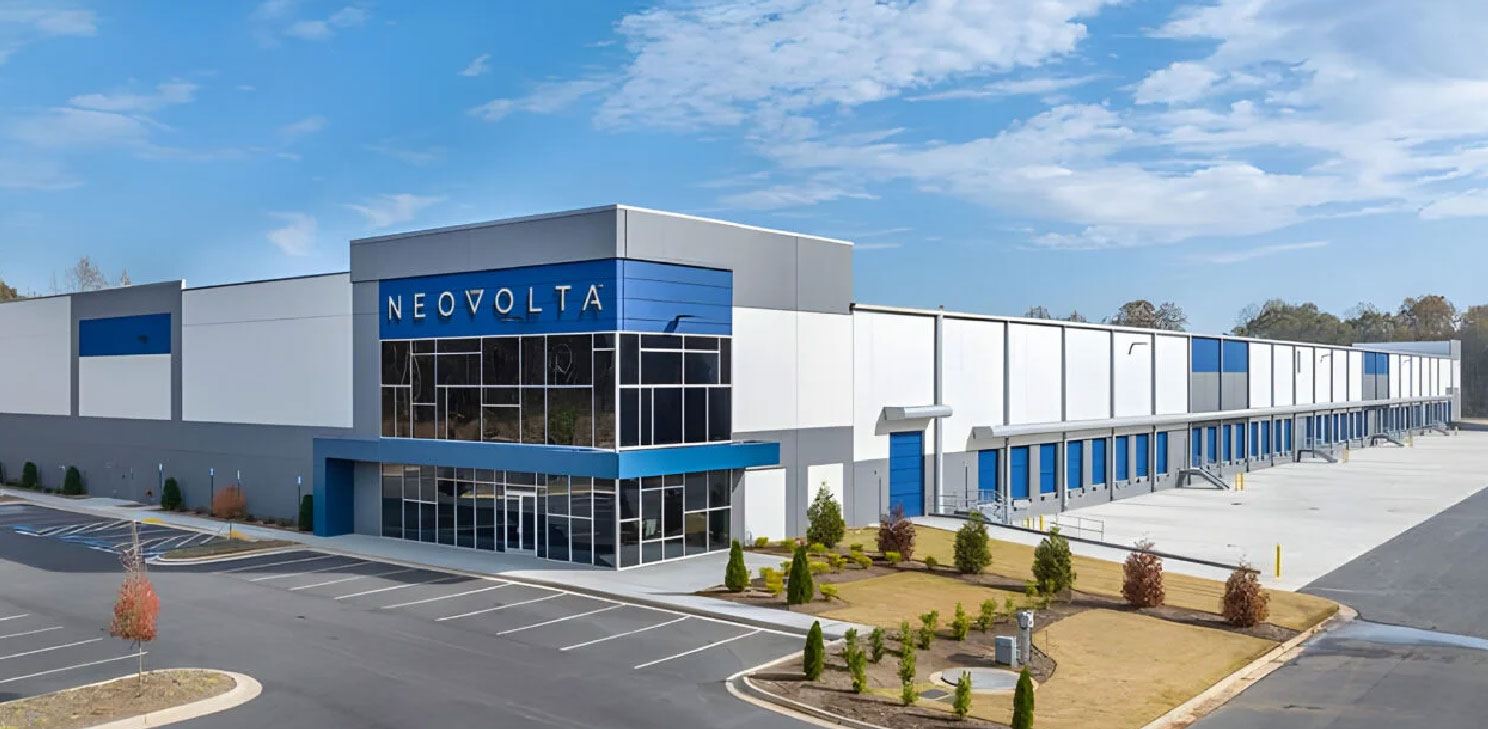Despite its importance, fill-finish manufacturing in aseptic processing presents several technical, regulatory, and logistical challenges. Pharmaceutical manufacturers must navigate these carefully to ensure the safety, compliance, and efficient delivery of pharmaceutical products to patients.
Regulatory Compliance and Precision Requirements
Fill-finish manufacturing is subject to rigorous oversight by regulatory agencies such as the FDA (Food and Drug Administration), EMA (European Medicines Agency), and others worldwide. These organisations enforce strict guidelines under Good Manufacturing Practices (GMP) to maintain product sterility, consistency, and quality. Compliance requires documentation, continuous monitoring, and strict adherence to standardised protocols. Even minor deviations from compliance guidelines can result in product recalls, regulatory warnings, and production halts.
Contamination Concerns
Sterile drug manufacturing inherently carries significant contamination risks. Microbial contamination, particulate matter, or endotoxin presence can compromise an entire batch, leading to patient safety hazards and significant financial setbacks for pharmaceutical companies. Particulate contamination may arise during the handling of containers and closures. The risk of microbial contamination intensifies with any lapse in aseptic technique or failures in sterilisation processes. Strict environmental controls and frequent testing during the manufacturing cycle are necessary to mitigate these risks.
Challenges Associated with High-Viscosity Biologics
Many biologics have high viscosity, making traditional filling systems less effective. Thick, viscous products can cause clogs, inconsistent fills, and potential dosage inaccuracies. Manufacturers must invest in specialised equipment and develop innovative filling technologies designed explicitly for high-viscosity biologics. These adaptations can increase production costs and require further process validation, complicating the manufacturing cycle.
Capacity Constraints and Supply Chain Limitations
Contract Development and Manufacturing Organisations (CDMOs) and Contract Manufacturing Organisations (CMOs), essential partners for pharmaceutical companies, are experiencing intensified demand and limited availability due to the rapid growth in demand for injectable drugs, especially following the COVID-19 pandemic. Additionally, global disruptions to the pharmaceutical supply chain, such as shortages of materials, components, and skilled labour, pose ongoing challenges. These disruptions can lead to delays, increased costs, and supply bottlenecks, jeopardising timely patient access to essential medicines.
As the demand for injectable biologics and advanced therapies continues to grow, overcoming fill-finish challenges through regulatory compliance, contamination control, and innovative technologies has never been more crucial. To discuss aseptic processing and the key issues facing the industry, connect with solution providers and network with delegates, attend the 4th Aseptic BioPharma Processing Summit in Vienna, Austria, on October 7-8, 2025.
For more information, visit our website or email us at info@innovatrix.eu for the event agenda. Visit our LinkedIn to stay up to date on our latest speaker announcements and event news.















